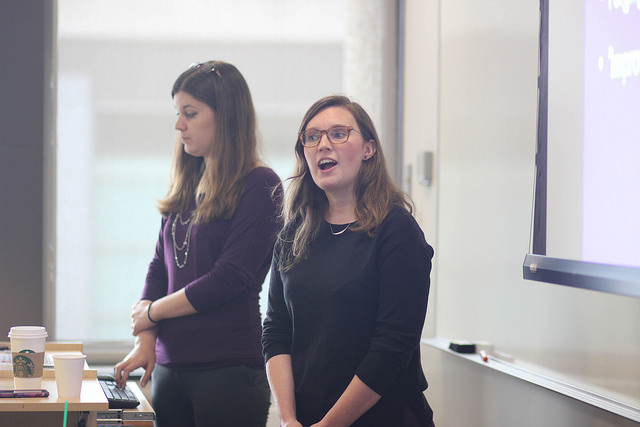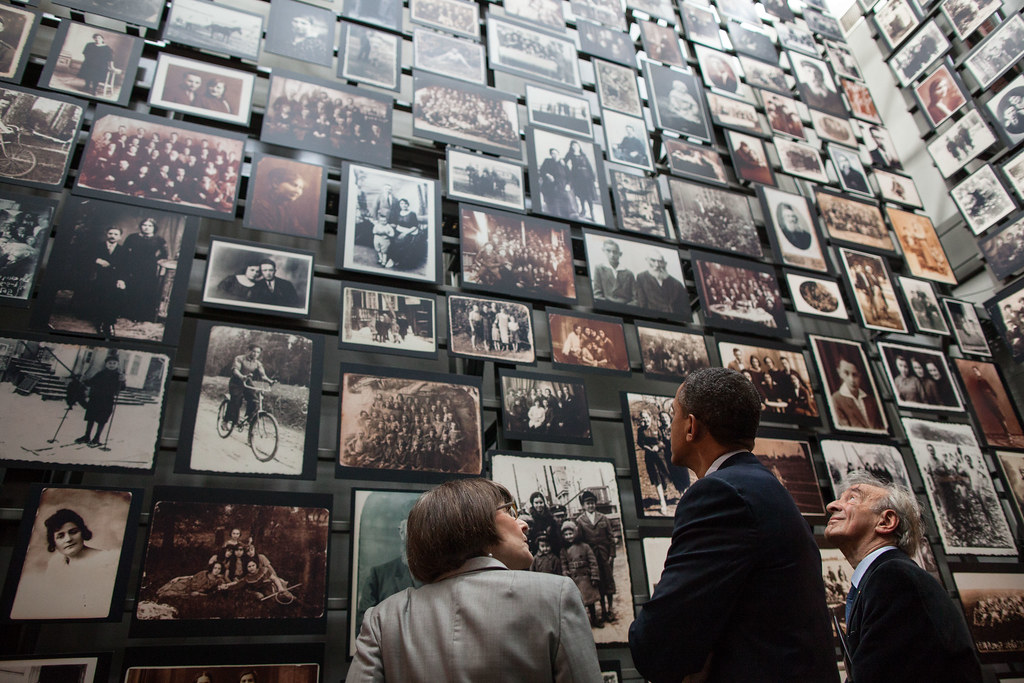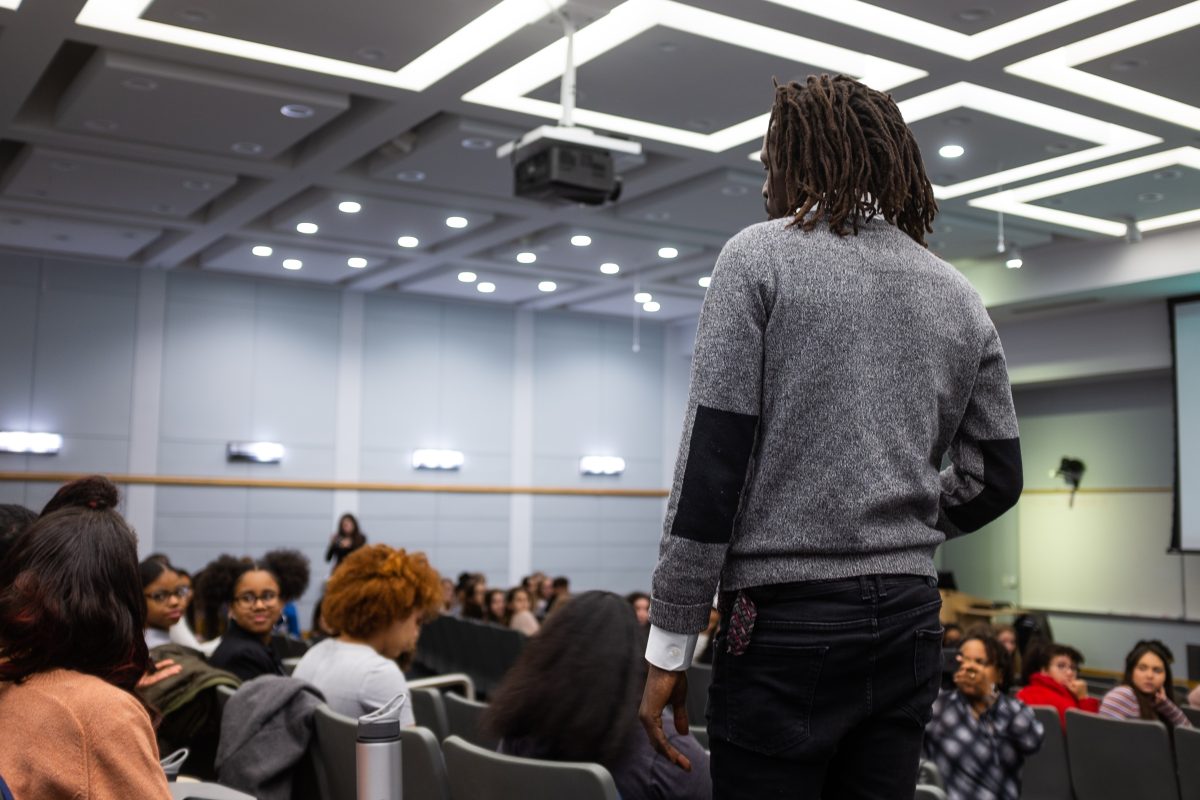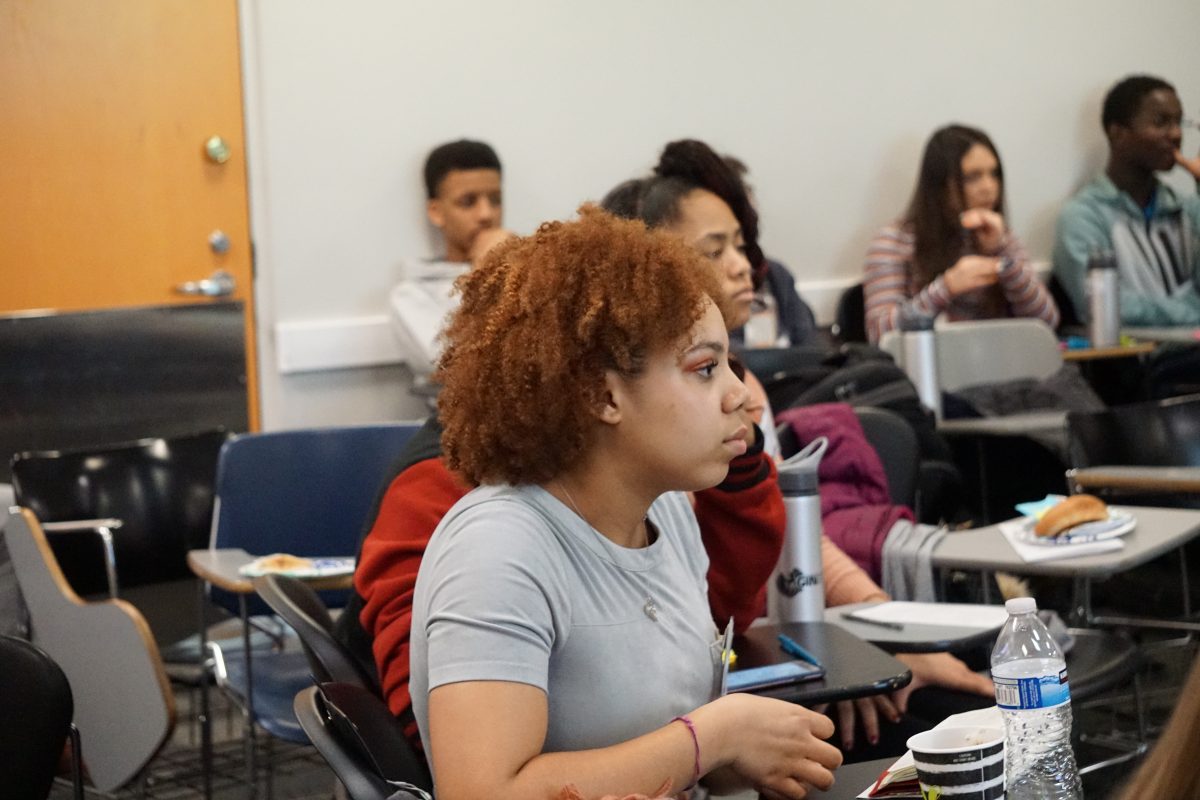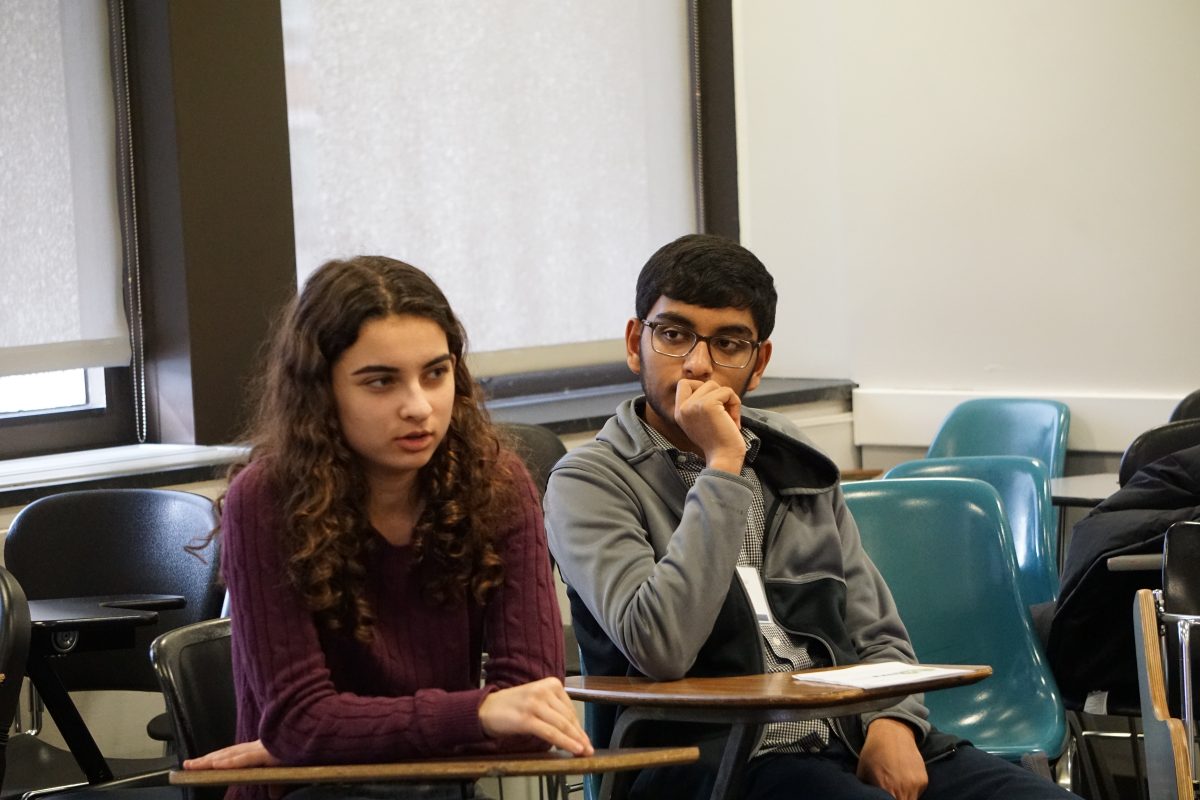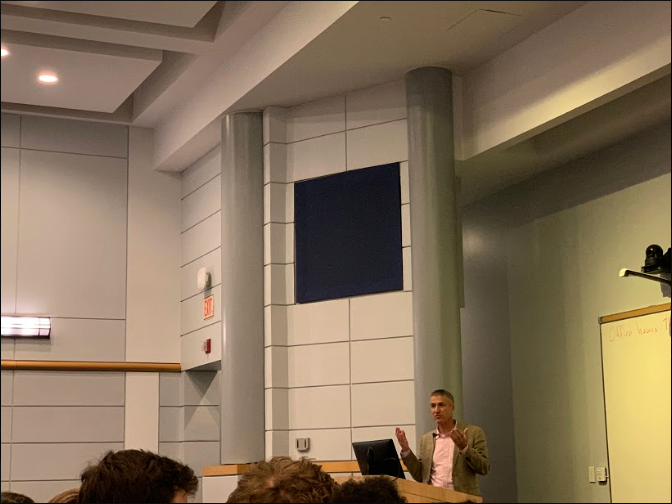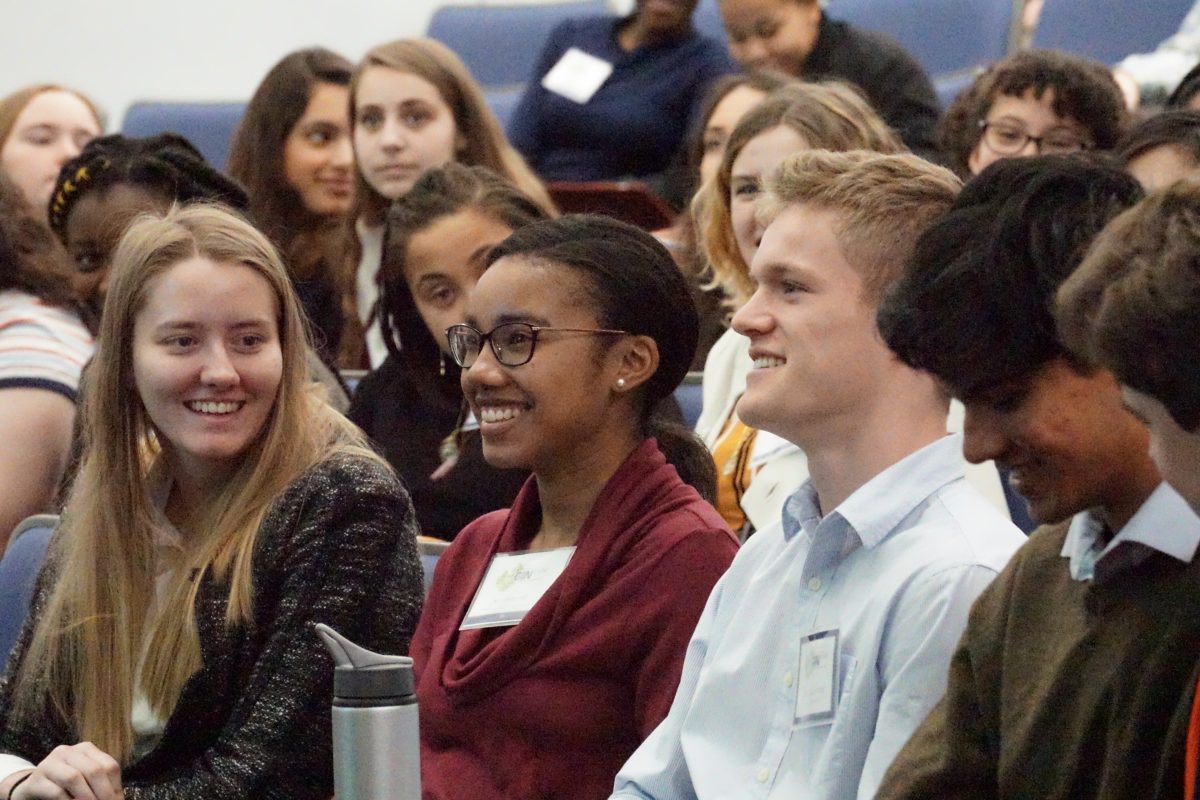While Health Volunteers Overseas may not be as receptive to volunteers of high school age, its work is nonetheless of great importance. Health Volunteers Overseas is a private non-profit organization that was founded in 1986 by current executive director Nancy Kelly.
It developed from the organization Orthopedics Overseas and expanded to cover all aspects of healthcare, working to improve the availability and the quality of healthcare in resource-scarce countries. Their programs in resource-scarce countries such as Cambodia and Nicaragua have led to expanding access to healthcare, developing national leaders in healthcare, educational infrastructure, and forging of global linkages: ultimately, Health Volunteers Overseas also seeks to improve global health through education.
In 2014, Health Volunteers Overseas hosted 87 projects in 29 countries spanning 4 continents. Most projects last up to 2-4 weeks, but some can go much longer: for example, the project in Bhutan tackled many medical issues, including emergency medicine, mental health, nursing education, oncology, orthopedics, and pediatrics, and this project lasted between two and four months.
“For each project, we have different goals and objectives, because each place has different needs,” GIN presenter Andrea explained.
The important thing to note about volunteers applying for work at Health Volunteers Overseas is that they must be qualified healthcare professionals to work in the organization’s programs. However, the skill set required can be acquired now, and current WIS students are certainly able to develop these skills and are perhaps in the process of doing so.
GIN presenters Andrea and Chelsea explained that some of the most important qualities in volunteers include being a good listener, flexible, patient, culturally sensitive, creative, and committed to sharing knowledge and skill. They agree that the biggest challenge for working with Health Volunteers Overseas is corresponding with people whose first language is not English, putting extra importance on cultural sensitivity. However, the global education on which WIS places so much emphasis can help provide future volunteers with the cultural sensitivity and language skills needed for this job.
So, given that the volunteers for this particular NGO should ideally be qualified healthcare professionals, what can high school students do? Andrea and Chelsea agree that traveling and studying abroad is important, because it will allow for the improvement and/or acquisition of foreign language skills; as students, we can also volunteer for local organizations, or attend talks in our home city of Washington, DC simply to help raise awareness for the problem of the global shortage of health care workers that Health Volunteers Overseas is working to combat.
By Karina Cheah

































































